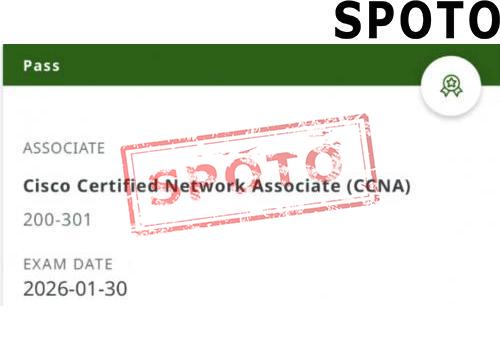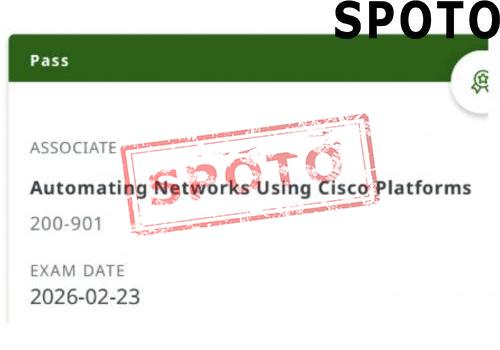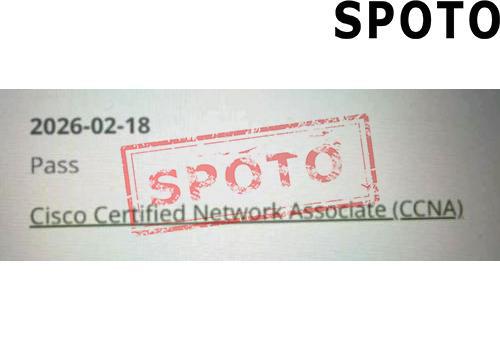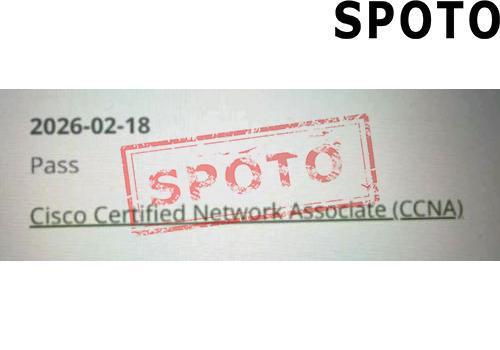
Table of Contents
- Describe cloud networking.
- What are the most crucial network management capabilities?
- Training
- Why certify?
- Comprehensive Understanding of Cloud Networking
- Hands-on experience with Real-World Scenarios
- Staying Updated with Evolving Cloud Technologies
- Enhancing Cloud Security Capabilities
- Optimized Network Performance
- Boosting Team Confidence
- Interoperability and Integration Skills
- Recognition with Industry-Standard Certification
- Cost Savings and ROI
- Preparing for the future:
- What IT departments are in charge of cloud networking?
- Conclusion
In the digital era, as companies rapidly migrate to cloud and multi-cloud environments, the need for expertise in cloud networking has never been more critical. Cisco, a globally recognized leader in networking solutions, offers top-notch training programs that can significantly enhance your team's cloud networking skills. Let's delve into how Cisco training can elevate your team's capabilities in cloud networking and why it's an essential investment for modern businesses.
Describe cloud networking.
Cloud networking provides a connection to and between workloads and applications spanning clouds, cloud services, on-premises data centers, and edge networks. The administration of hybrid cloud and multi-cloud settings effectively depends on them for performance, security, and management.
What are the most crucial network management capabilities?
The three most important features of a network management tool are directly related to how effectively that platform integrates local and remote employees when it comes to managing a complicated or highly dispersed network.
- First, the tool's value to IT teams will be impacted by its ease of adoption and implementation. Network management follows the adage "Adoption is the new ROI," as it is common in software as a service (SaaS). It will rapidly become obsolete if it is challenging to deploy and utilize regularly.
- Additionally, it's crucial to locate a platform that can control the whole network, from access to WAN to IoT. Finally, regardless of how you decide to deploy, network data protection, control, and treatment must all be given equal attention.
Training
Cisco can assist you with advancing your career, honing your abilities, or giving your company a competitive edge, whether you are studying the foundations with CCNA or upskilling your staff. You can study anywhere, anytime, and at your speed, thanks to the variety of training options offered, such as instructor-led, e-learning, and even digital subscriptions from Cisco U. Training with Cisco means remaining current with technological advancements as your profession changes, regardless of what you decide to study and how you decide to do it.
Why certify?
Getting certified is a terrific method to further your career, regardless of how much IT experience you have or how new you are to the profession. Employers trust certified workers to connect, protect, and automate Cisco networks everywhere because certifications are evidence of expertise, aptitude, and a commitment to lifelong learning.
Comprehensive Understanding of Cloud Networking
Cloud networking is no longer a novel concept, as its intricacies can be complex. With Cisco's training programs, team members gain a profound understanding of cloud networking principles. These programs cover the basics to the most advanced topics, ensuring every participant can grasp the key concepts regardless of their prior knowledge level.
Hands-on experience with Real-World Scenarios
One of the standout features of Cisco training is the emphasis on hands-on learning. Through labs and practical exercises, learners get exposed to real-world scenarios. This practical approach ensures that they're not just gaining theoretical knowledge but are equipped to implement their learnings in actual business environments.
Staying Updated with Evolving Cloud Technologies
Cloud technologies are ever-evolving. As new features, services, and best practices emerge, professionals need to stay updated. Cisco's training modules are regularly updated to reflect these changes, ensuring your team is always in sync with the latest in cloud networking.
Enhancing Cloud Security Capabilities
With the increasing threats in the digital landscape, security remains paramount in cloud networking. Cisco training focuses extensively on security measures in cloud environments. By understanding how to set up firewalls, monitor traffic, and detect potential threats, your team becomes proficient in ensuring the safety of your cloud-based assets.
Optimized Network Performance
A well-trained team can make the most of cloud networking tools and technologies, ensuring optimal performance. They'll understand how to configure, troubleshoot, and optimize networks for efficient data flow and minimal downtime. Cisco's training provides them with the skills to ensure the cloud network always performs at its peak.
Boosting Team Confidence
Knowledge is empowering. When team members are confident in their skills, they can tackle challenges more effectively, make informed decisions, and innovate. Cisco training offers them the knowledge and skills they need, resulting in a more confident and proactive team ready to face any cloud networking challenge head-on.
Interoperability and Integration Skills
In today's multi-cloud world, integrating various services and platforms becomes crucial. Cisco training equips teams with skills to ensure seamless interoperability between various cloud services and on-premises solutions. This training allows them to build and manage hybrid environments efficiently.
Recognition with Industry-Standard Certification
Beyond the knowledge and skills, Cisco offers certifications that are positively respected in the IT industry. Achieving a Cisco certification is a testament to the holder's expertise in cloud networking. It boosts your team's credibility and offers them a competitive edge in their professional growth.
Cost Savings and ROI
Mistakes in cloud networking can be costly. Downtime, data breaches, or inefficient configurations can lead to significant financial setbacks. A team trained by Cisco is better equipped to prevent these issues, leading to cost savings in the long run. The return on investment from Cisco training, both in terms of financial gains and operational efficiency, is substantial.
Preparing for the future:
The cloud is the future of IT infrastructure. As more services and solutions move to the cloud, having a team skilled in cloud networking becomes indispensable. Investing in Cisco training now, you are preparing your team and business for future challenges and opportunities.
What IT departments are in charge of cloud networking?
The following IT operations teams (compute infrastructure, networking, and security), application teams, cloud architects, and business stakeholders must work together to implement cloud networking:
- NetOps:
Configures and maintains network topologies for various teams, ensuring that resources and applications are accessible and that users have a consistent experience.
- Infrastructure teams for data centers and computers:
Enforces application-aware criteria to ensure the network gets expanded across on-premises and public cloud settings.
- SecOps:
Provide security across different networks for users, access, apps, and data.
- Application teams and DevOps:
Utilizes network infrastructures and resources to launch apps and boost performance.
- Cloud architect:
Contributes to the creation of a unified plan for multi-cloud networking.
Conclusion
In cloud networking, expertise, and continuous learning are essential. Cisco, with its legacy of excellence in networking solutions, offers training that's both comprehensive and relevant. By investing in Cisco training, you're enhancing your team's current capabilities and ensuring they are equipped for future advancements in cloud networking. In a world shifting rapidly towards the cloud, such training is not just beneficial—it's essential.











